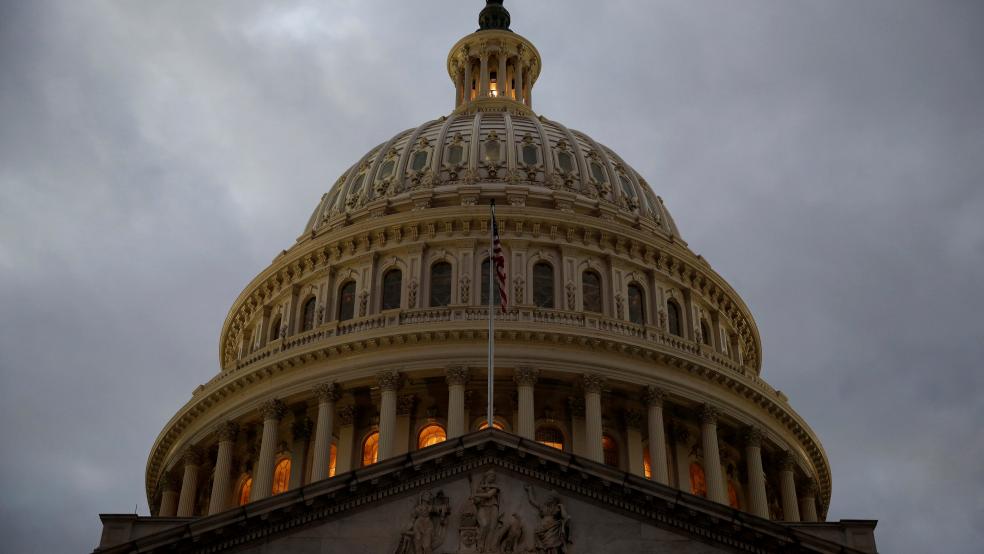Past shutdowns have done little lasting economic damage but these events can hurt federal workers, rattle markets and shake confidence in the United States abroad.
Since Congress implemented the modern budget process in the mid-1970s, there have been 18 gaps in government funding, according to the Congressional Research Service (CRS), but not all resulted in government shutdowns. Only three of them had a significant impact.During six funding gaps before 1980, the government continued normal operations. There were nine funding gaps between 1981 and 1994 but they occurred during weekends with minimal government disruption, according to the Committee for a Responsible Federal Budget, a Washington think tank.Here are the three occasions when funding lapsed and significant government shutdowns occurred.November 1995: Government funding elapsed for five full days from Nov. 14 to 19 and about 800,000 workers were furloughed after Democratic President Bill Clinton vetoed spending legislation passed by the Republican-controlled Congress, according to a CRS report.December 1995 and January 1996: Clinton's continued clash with congressional Republicans over funding levels for the Medicare health insurance program for the elderly, education and other issues resulted in a second lapse in government funding for 21 full days from Dec. 16, 1995 to Jan. 6, 1996, when about 280,000 workers were furloughed, according to the CRS.October 2013: During this standoff, government funding elapsed for 16 full days from Oct. 1 to 17 and about 800,000 federal workers were furloughed, according to the CRS. More than 1 million more reported to work without knowing when they would be paid, according to media reports.The shutdown occurred after conservative Republicans in the House of Representatives attempted to use the budget process to delay or defund implementation of Democratic President Barack Obama's Affordable Care Act, known as Obamacare.The impasse between the House and the Democratic-controlled Senate, along with Obama, ended after both chambers passed a Senate-brokered bill with stricter income verification requirements on people obtaining health insurance through Obamacare. The deal to end the shutdown coincided with a deadline to raise the U.S. debt ceiling, the country's borrowing limit. (Compiled by Amanda Becker; Additional reporting by Blake Brittain; Editing by Will Dunham and Bill Trott)Factbox: A look at past U.S. government shutdowns

Joshua Roberts



